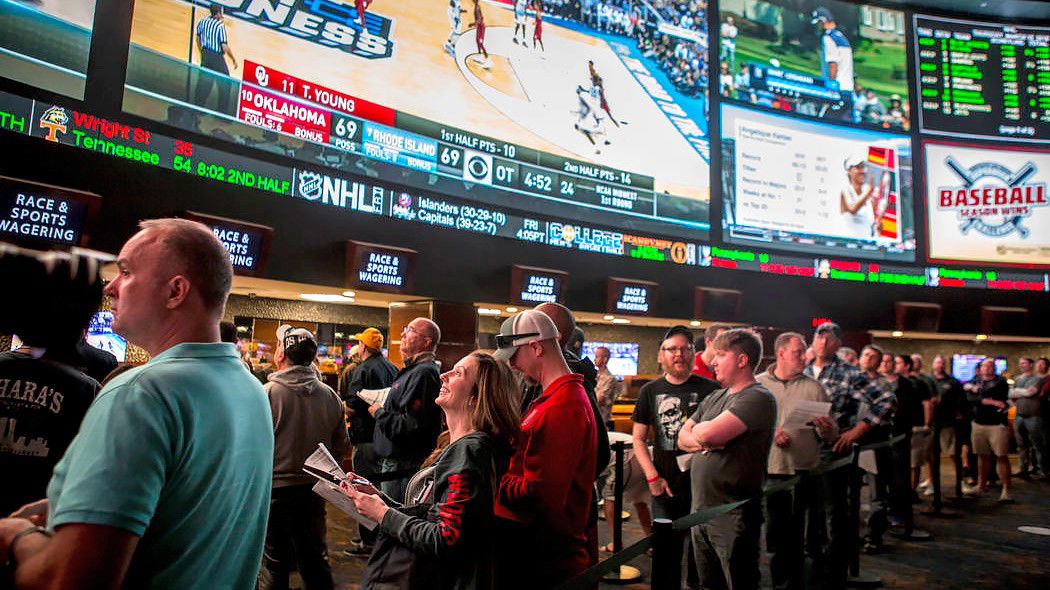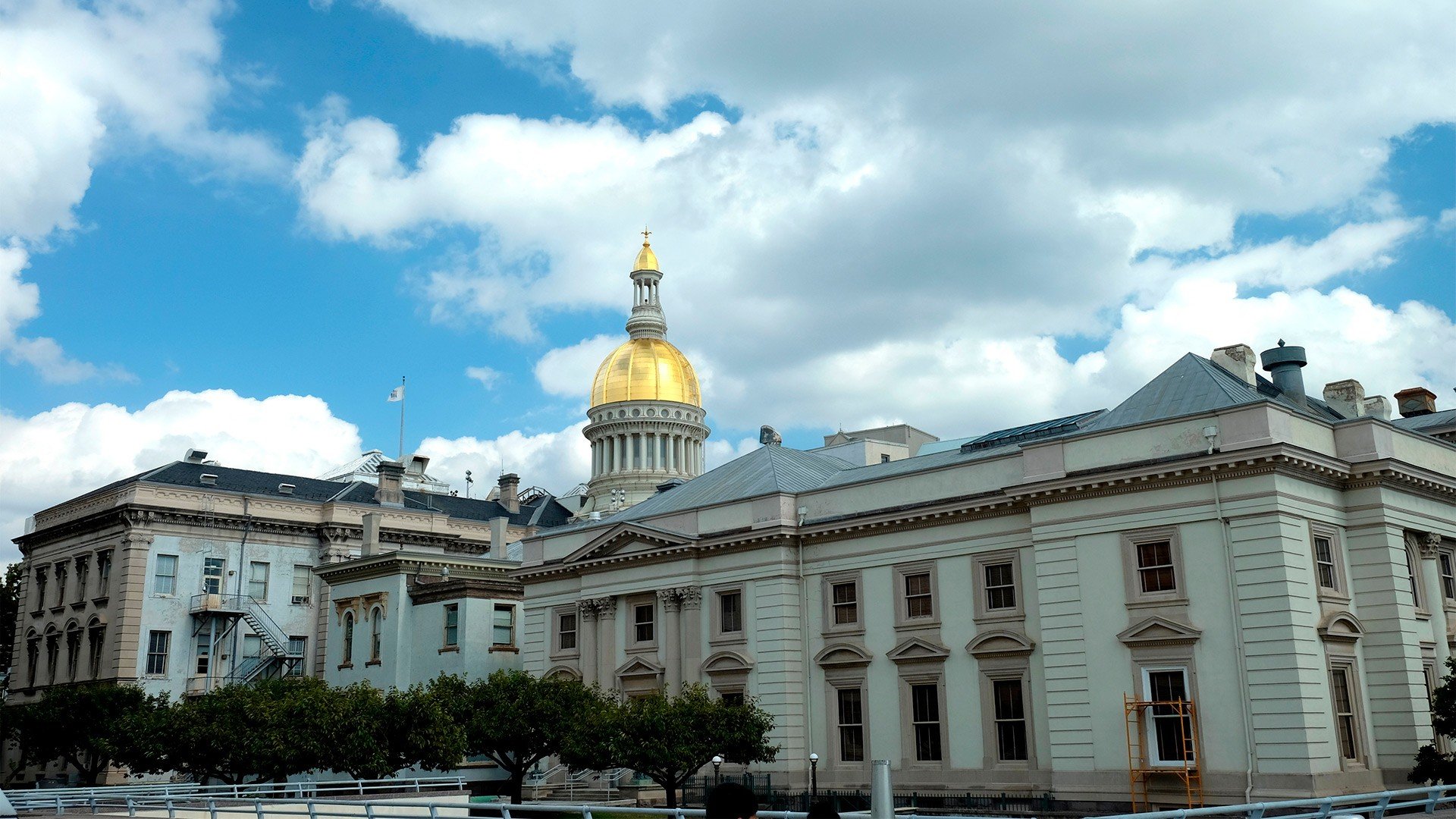Brazil: Ministry of Justice investigates unlawfully signed commercial partnerships between clubs and sportsbooks

The Brazilian Ministry of Justice is currently looking into the commercial partnerships that sports clubs and media owners hold with online sportsbook firms, in an investigation that follows concerns by SENACON -the National Consumer Secretariat-, that such deals were closed without the country’s finalization of the laws and standards that will be applied to its pending federal sports betting regime.
Football clubs reported to be ordered to provide information include the Brasileiro Série A teams of Atlético Mineiro, Corinthians, Cruzeiro, Flamengo, Fluminense, Palmeiras, Santos, and São Paulo. The Brazilian Football Confederation (CBF) has also been reportedly required to provide information as to why it allowed the teams to participate in deals with the still unlicensed bookmakers, local media says.
SENACON believes that many of the partnerships involving sports clubs and media owners have been established outside of the country, thus bypassing current national laws. According to the secretariat, the activity may be being exploited "without proper authorization and without any control, inspection or accountability mechanism.”
40 Brazilian football clubs, 13 federations including CBF, and Rede Globo -on account of sponsorship and advertising contracts with sports betting operators- have reportedly been notified by the Ministry of Justice this Tuesday. They all have 10 days to present the contracts to the federal government agency.
Rede Globo, Brazil’s largest media owner, is being investigated after agreeing to broadcast partnerships with Pixbet and Betnacional to be promoted as lead sponsors of its FIFA Qatar 2022 World Cup coverage.
The so-called fixed-odds bets are not regulated in Brazilian legislation and, therefore, the activity can be classified as a criminal misdemeanor. In order for the bookmaker to legally exercise its activity, it is necessary to use a CNPJ from outside the country.
This way, the money wagered leaves Brazil, in the same way that the origin of the rewarded amount is from abroad - both amounts do not pass through the inspection of the Federal Revenue Service.
2022 has seen market stakeholders frustrated at the arduous passage of Brazil’s Betting Law (Bill-442/91), which secured its approval by Congress last February. Though greenlighted there, the bill has failed to get its final Senate vote and presidential sign-off required to be authorized as a federal mandate.
Even though the country expected to see the sports betting regime launched by the kickoff of FIFA Qatar 2022 World Cup in November, President Jair Bolsonaro has refused to sign any federal legislation until a divisive General Election is concluded.
Bolsonaro has also stated his opposition to both Brazil sports betting and online gambling bills, in which the Liberal Party seeks guarantees that foreign operators must pay all domestic taxes.
Brazilian lawmakers have also demanded that the Pele Law for professional sports be reformed to ensure that bookmakers pay a licensing fee for the IP rights and protections of the country’s sports leagues.
Drafted in 2018, Bill-442/91 carries a two-year provision to be federally adopted, which will expire by December – legal boundaries that will provide a new/established government just two months to revise and lose the mandate.

















































